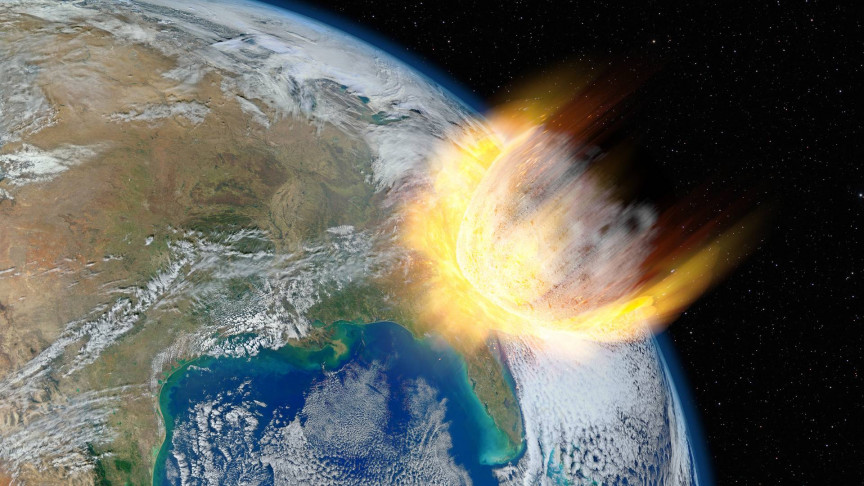
interestingengineering.com
Chinese Aerospace Researchers Have a Plan to 'Prevent Armageddon'
Bennu is an 85.5-million-ton (77.5 metric ton) space rock which has a slim chance of crashing upon our tiny blue dot.
Science & Tech
Have you heard of an asteroid named Bennu? It is an 85.5-million-ton (77.5 tonnes) space rock that is heading within 4.6 million miles (7.5 million kilometers) of Earth's orbit between 2175 and 2199.
Its chances of striking Earth are quite small (1 in 2,700), but, if should it collide with Earth, the results would be devastating with an estimated kinetic energy of 1,200 megatons. That's why some Chinese scientists have planned to deflect the space rock using 23 Long March 5 rockets, according to LiveScience.
The researchers have calculated that 23 Long March 5 rockets, each weighing 992 tons (900 metric tons), could succeed in diverting the asteroid away from a collision with Earth by nearly 6,000 miles (9,000 km). Their research has been published in a new study in the journal Icarus.
"Asteroid impacts pose a major threat to all life on Earth. Deflecting an asteroid on an impact trajectory is critical to mitigating this threat. A kinetic impactor remains the most feasible asteroid deflection method. However, due to launch capability constraints, an impactor with a limited mass can only minimally change the velocity of an asteroid," write the researchers.
"To improve the deflection efficiency of the kinetic impactor strategy, this paper proposes the Assembled Kinetic Impactor (AKI), which combines the spacecraft with the launch vehicle upper stage." This could indeed be an effective way of dealing with the asteroid as opposed to other methods suggested such as blowing up the asteroid which would still result in chunks reaching Earth.
Back in October 2020, NASA's OSIRIS-REx spacecraft successfully unleashed its robotic arm to collect a sample from the asteroid's surface. The sample is set to return to Earth in 2023 and will provide crucial information regarding Bennu and solar systems in general. In March of 2019, water-bearing minerals were also discovered on the asteroid's surface.
























































